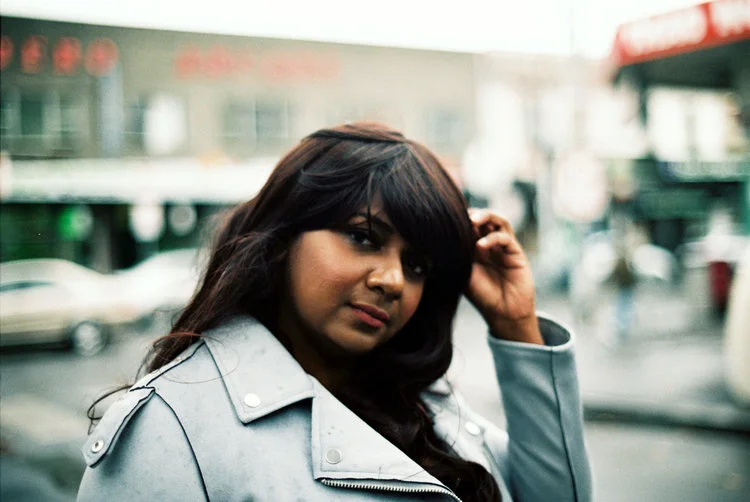‘Allowing my multi-disciplinary training to flow through me during the process but selecting what I wish to say with clarity has taken me many years of trial and error.’
Read More‘Growing up here in Australia as a person of colour, with both an African and Asian identity, I felt that no one understood my experience.’
Read More‘I have found stories and artefacts that have made a huge impression on me and changed my interpretations of history, but these pieces are always in fragments with uncertain degrees of ‘truth’ at their core.’
Read More‘It’s only been over the past couple of years that I’ve realised how white the radio landscape in Australia is.’
Read More‘A text speaks from a position of power, therefore reading representations based on assumptions and stereotypes are disempowering and upsetting.’
Read More‘Migration is seen as a non-asset or a burden. Yet if you think about it, people have come from all over the world and have contributed to who we are today.’
Read More‘There’s going to be a gap between your work and what you want your work to be: that’s fine, that’s how it should be. No one starts off at the top of their game.’
Read More‘You do what you can with what you have. But I think that if I had seen myself or someone who looked like me in any of these stories, it would have made such a difference in what I believed was out there for me.’
Read More‘Art and language are cultural products, and culture by definition is communal and cumulative—texts, too, have genealogies; they move beyond their makers.’
Read More‘Skin colour and background are irrelevant when it comes to an ability to write.’
Read More‘I think there needs to be a much more nuanced conversation about silence, and all the invisible barriers that prevent all of us from speaking out. Why is it that the victim of violence is expected to speak out? Why not the people around who can see that violence is happening?’
Read More‘I think a ‘home’ takes a while to build and I haven’t figured out the formula yet. I imagine it’s a place where I can feel at peace.’
Read More‘If love lives in the heart, I must have the words to outline exactly where it can be found—in that artery, that atrium. There’s specificity, but there’s also the feeling of the incantatory, the potential for magic. If you say the right words, something can change.’
Read More‘Literature and music deal with honesty, truth and fact in such different ways, and it’s cool to challenge that in a process of balancing and paralleling them.’
Read More‘The only reason we need to have specific diversity initiatives is that the industry, by default, is already skewed towards one side.’
Read More‘Coming across that casual reference to Melbourne as a publishing backwater was sobering, and a reminder that for all that new technologies have lowered the cost of entry, cultural behemoths are still created in a few geographic centres.’
Read More‘[In my] Visual Arts Degree...There was no cultural competency whatsoever. I thought the arts was meant to challenge the status quo! I started asking myself—Why do I care so much? Why do I care about the stories that are left unacknowledged?’
Read More‘Though I admire memoirists very much, and in the glory of the internet age, the personal essayist, I can’t write like them. Yet all my poems are rooted inside my life...’
Read More‘At this year’s Sydney Writers Festival, I spoke about self-determination through literature. After the panel, I got approached by a White woman who asked me what places she should visit in Vietnam and how to pronounce Phở.’
Read More‘Part of me feels like coming out as a trans person has been the easiest part of my whole artistic career.’
Read More



















